iPhone X: Apple’s Face ID tricked using $150 mask
Scanning feature isn’t flawless, but takes a lot of ‘effort’ to fool
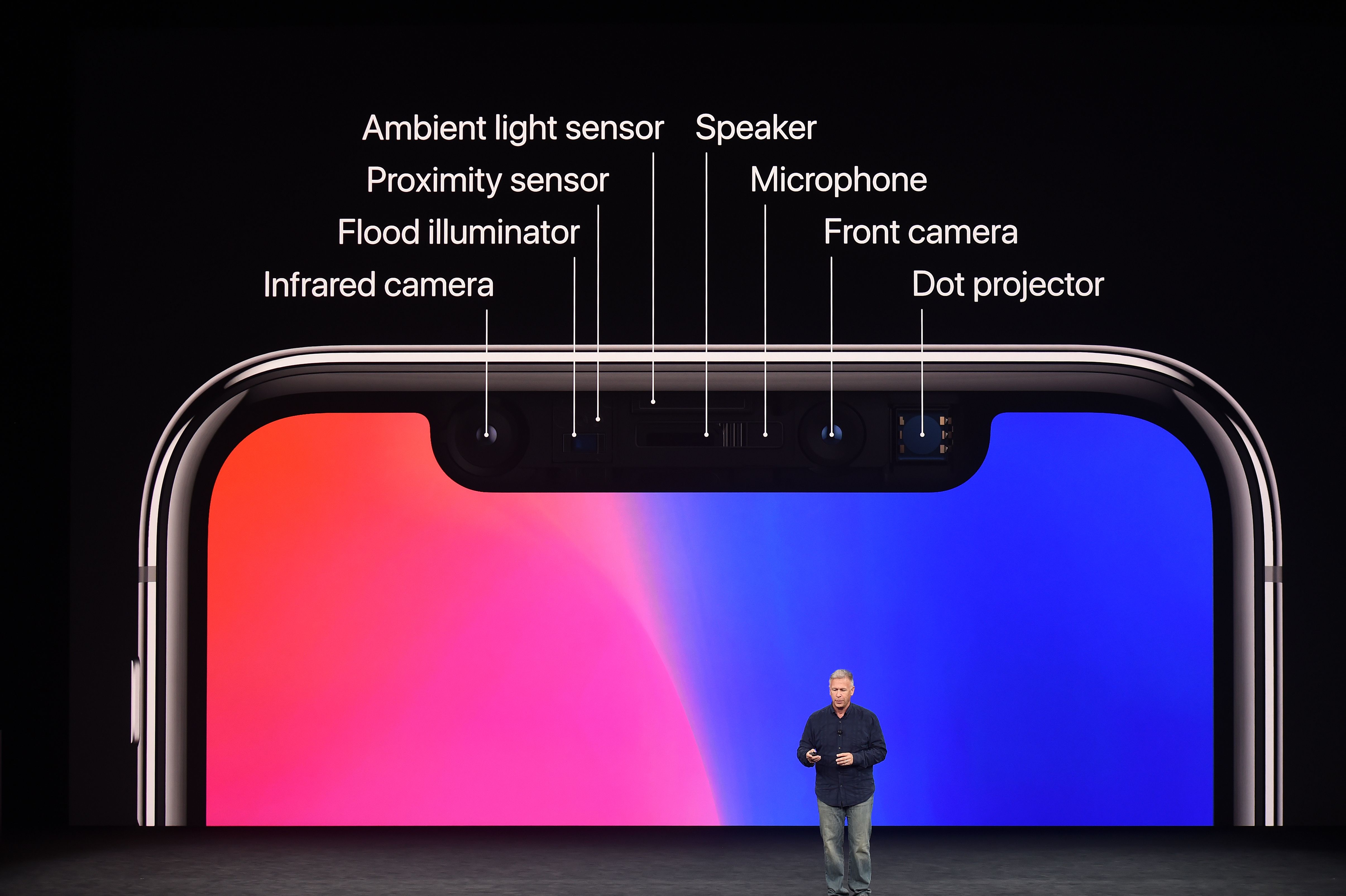
A free daily email with the biggest news stories of the day – and the best features from TheWeek.com
You are now subscribed
Your newsletter sign-up was successful
A Vietnamese cybersecurity firm claims to have bypassed Apple’s new face-scanning security system using a $150 (£115) mask, reports Tech Crunch.
Researchers at Bkav say they created a mask that replicates the features of the user’s face to fool the Face ID system.
The mask was made “using a consumer-level 3D printer, a hand-sculpted nose, normal 2D printing and a custom skin surface designed to trick the system”, they added.
The Week
Escape your echo chamber. Get the facts behind the news, plus analysis from multiple perspectives.

Sign up for The Week's Free Newsletters
From our morning news briefing to a weekly Good News Newsletter, get the best of The Week delivered directly to your inbox.
From our morning news briefing to a weekly Good News Newsletter, get the best of The Week delivered directly to your inbox.
While the hack highlights that Apple’s Face ID is by no means foolproof, the news “shouldn't alarm the average iPhone owner, given the time, effort, and access to someone's face required to recreate it”, Wired says.
Additionally, Ars Technica says Bkav’s video demonstrating the hack had insufficient evidence to determine if the results were “a true bypass of an authentication system Apple has spent years developing”.
For instance, continues the site, it is not known whether the mask is able to fool the security system directly after the user activates Face ID on their iPhone X or whether a certain period of time passed after the initial set-up.
This is ���crucial” to assessing the hack’s authenticity as the security system re-scans the user’s face over time to improve its accuracy, Ars Technica adds. Consequently, the security firm could have “trained Face ID over time to work with the mask” – an advantage real-world hackers don’t have.
A free daily email with the biggest news stories of the day – and the best features from TheWeek.com
Face ID is only available on Apple’s iPhone X flagship, which launched on 3 November. While the smartphone activates the feature during its set-up phase, it is an optional and can be disabled in the settings menu.
-
 Why is the Trump administration talking about ‘Western civilization’?
Why is the Trump administration talking about ‘Western civilization’?Talking Points Rubio says Europe, US bonded by religion and ancestry
-
 Quentin Deranque: a student’s death energizes the French far right
Quentin Deranque: a student’s death energizes the French far rightIN THE SPOTLIGHT Reactions to the violent killing of an ultraconservative activist offer a glimpse at the culture wars roiling France ahead of next year’s elections
-
 Secured vs. unsecured loans: how do they differ and which is better?
Secured vs. unsecured loans: how do they differ and which is better?the explainer They are distinguished by the level of risk and the inclusion of collateral
-
 Will AI kill the smartphone?
Will AI kill the smartphone?In The Spotlight OpenAI and Meta want to unseat the ‘Lennon and McCartney’ of the gadget era
-
 Is Apple’s Tim Cook about to retire?
Is Apple’s Tim Cook about to retire?Today's Big Question A departure could come early next year
-
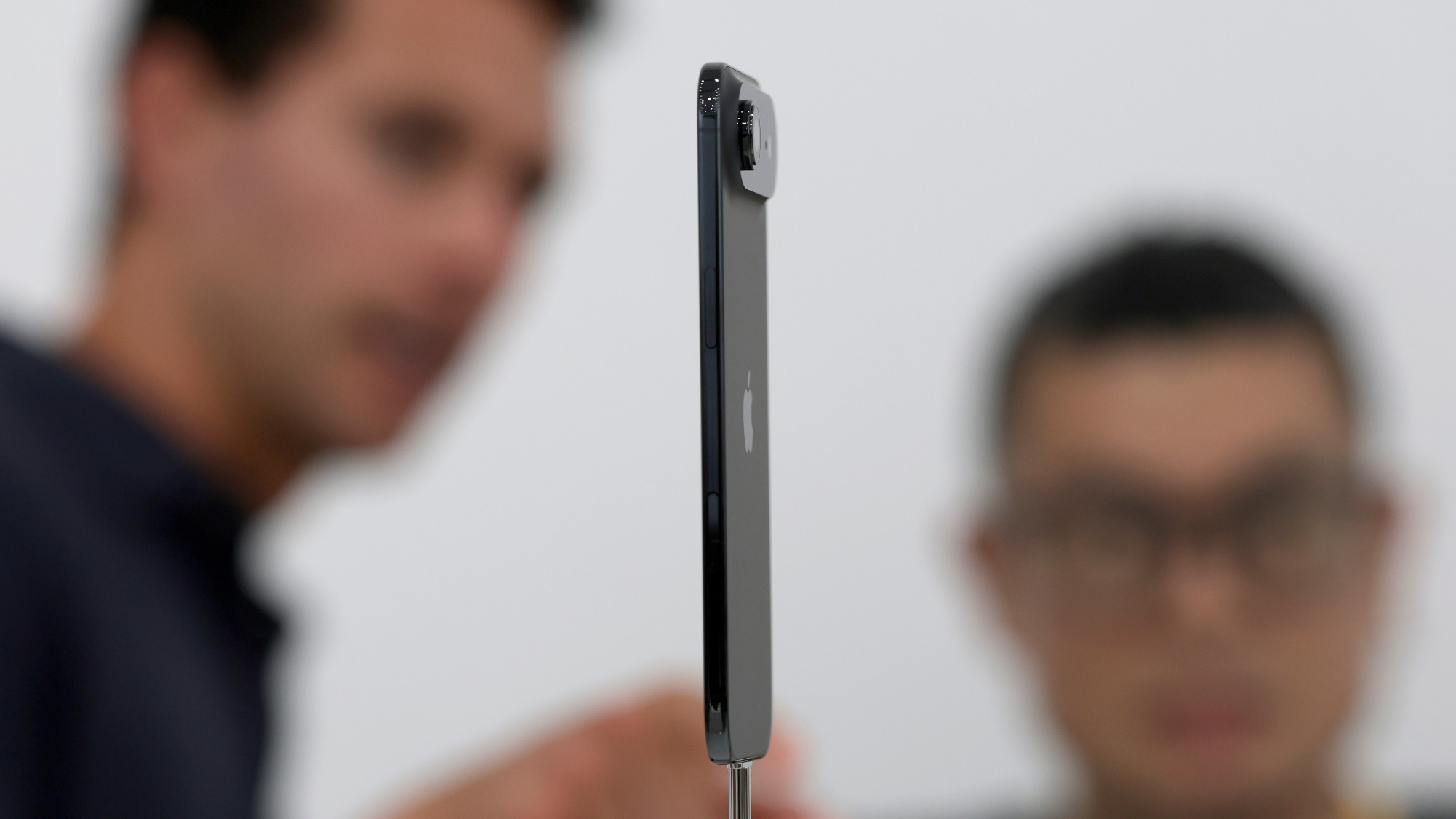 iPhone Air: Thinness comes at a high price
iPhone Air: Thinness comes at a high priceFeature Apple’s new iPhone is its thinnest yet but is it worth the higher price and weaker battery life?
-
 Is Apple breaking up with Google?
Is Apple breaking up with Google?Today's Big Question Google is the default search engine in the Safari browser. The emergence of artificial intelligence could change that.
-
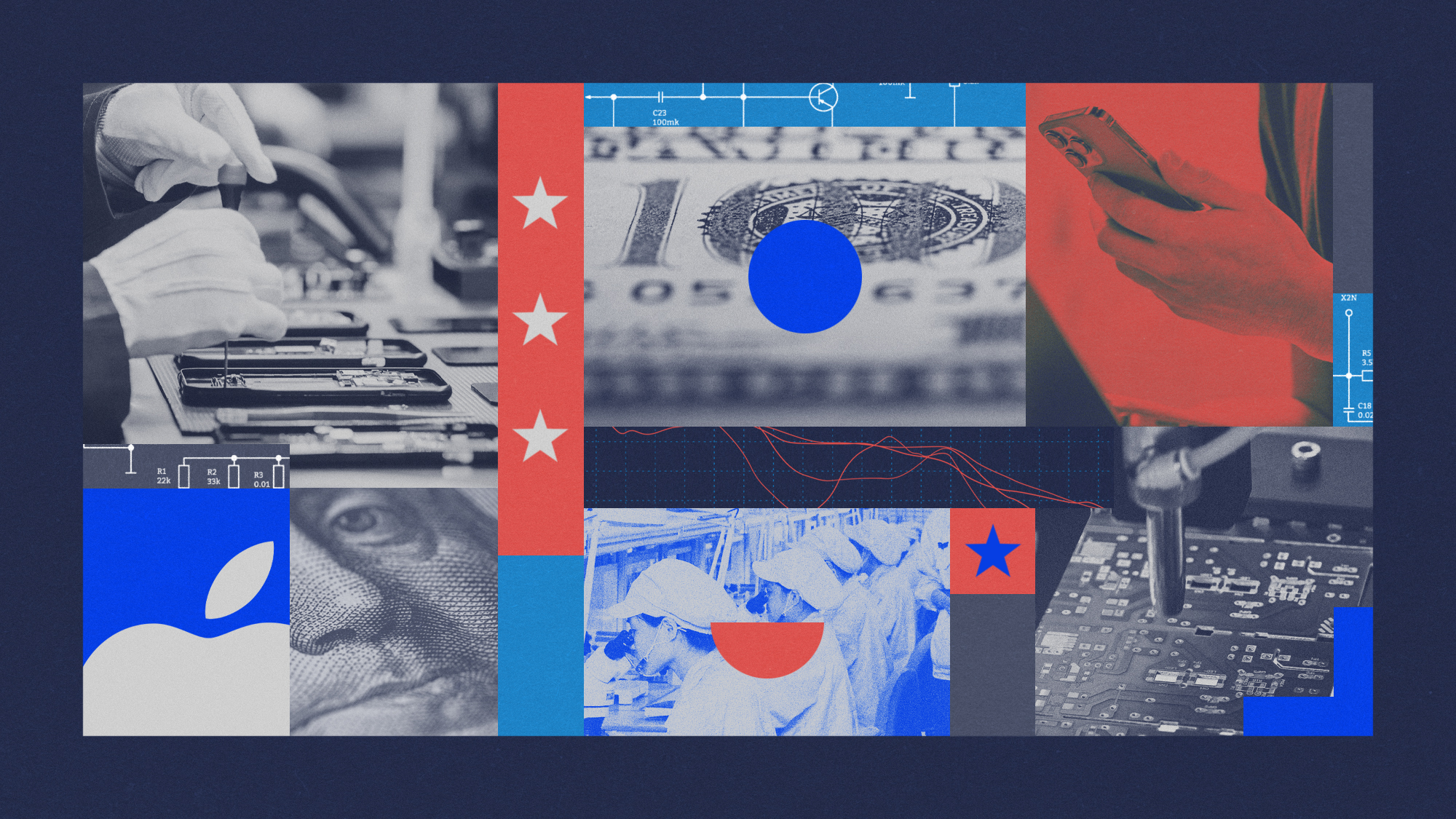 Why won't Apple make iPhones in America?
Why won't Apple make iPhones in America?Today's Big Question Trump offers a reprieve on tariffs, for now
-
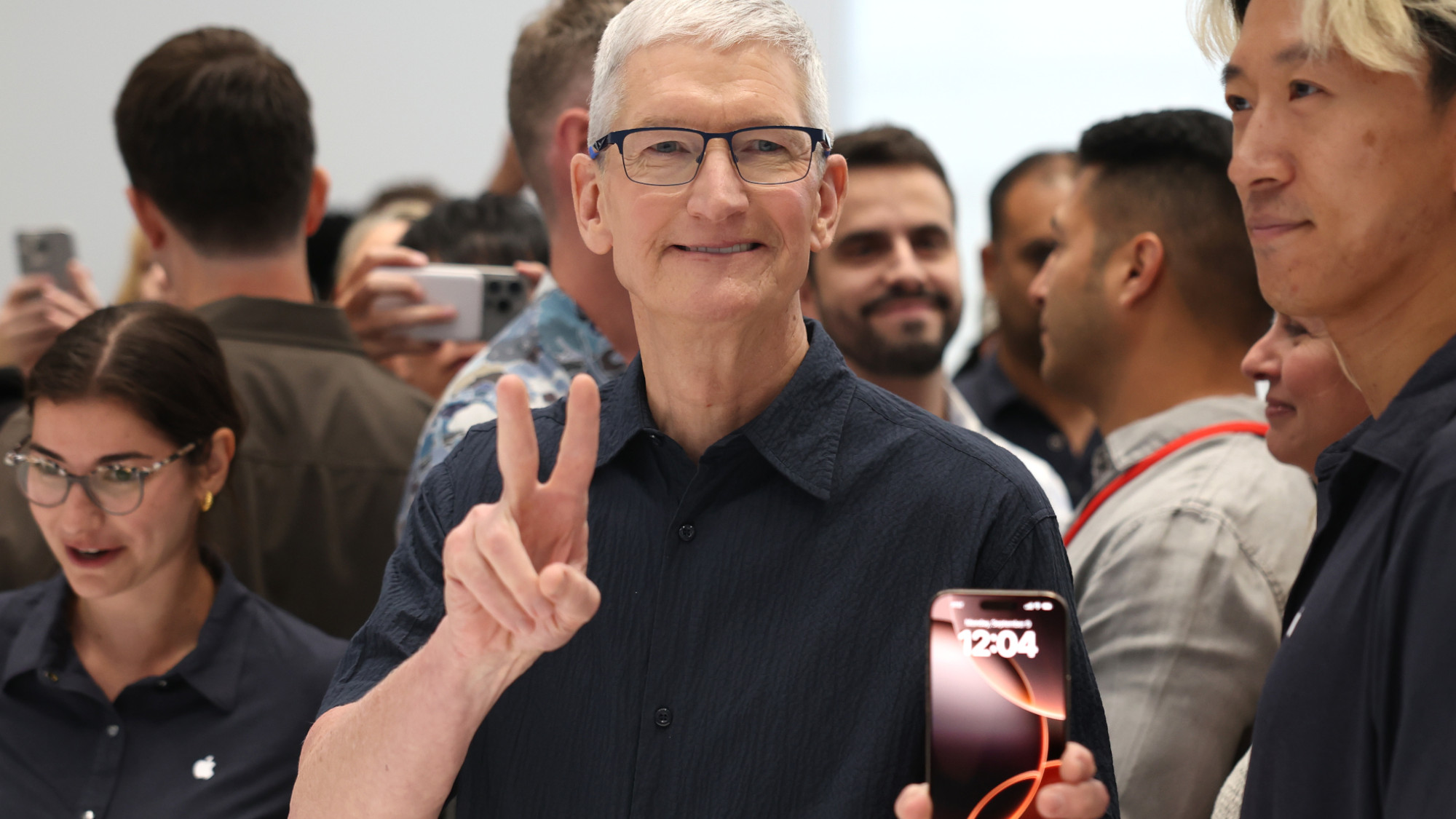 Not there yet: The frustrations of the pocket AI
Not there yet: The frustrations of the pocket AIFeature Apple rushes to roll out its ‘Apple Intelligence’ features but fails to deliver on promises
-
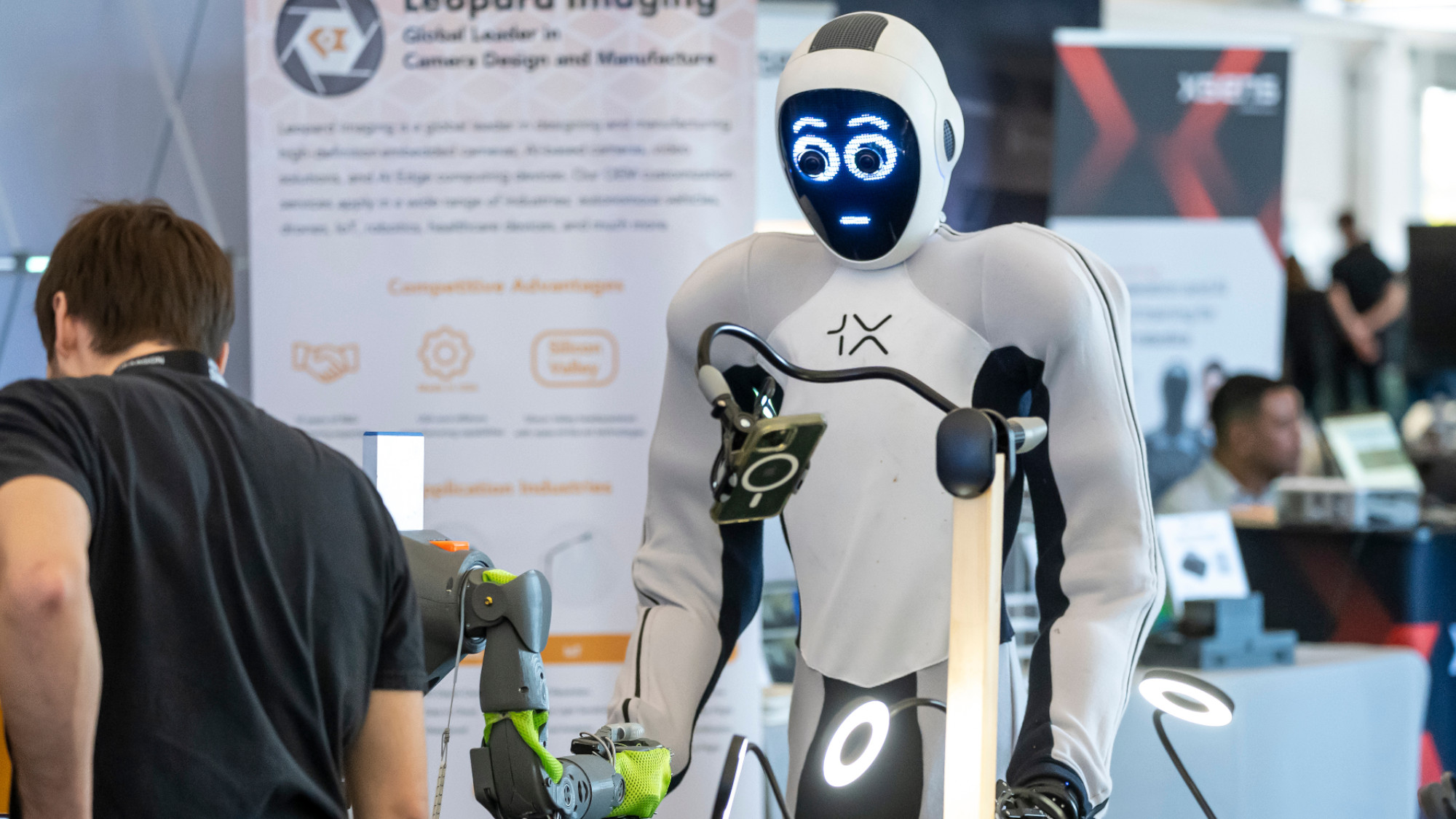 Space-age living: The race for robot servants
Space-age living: The race for robot servantsFeature Meta and Apple compete to bring humanoid robots to market
-
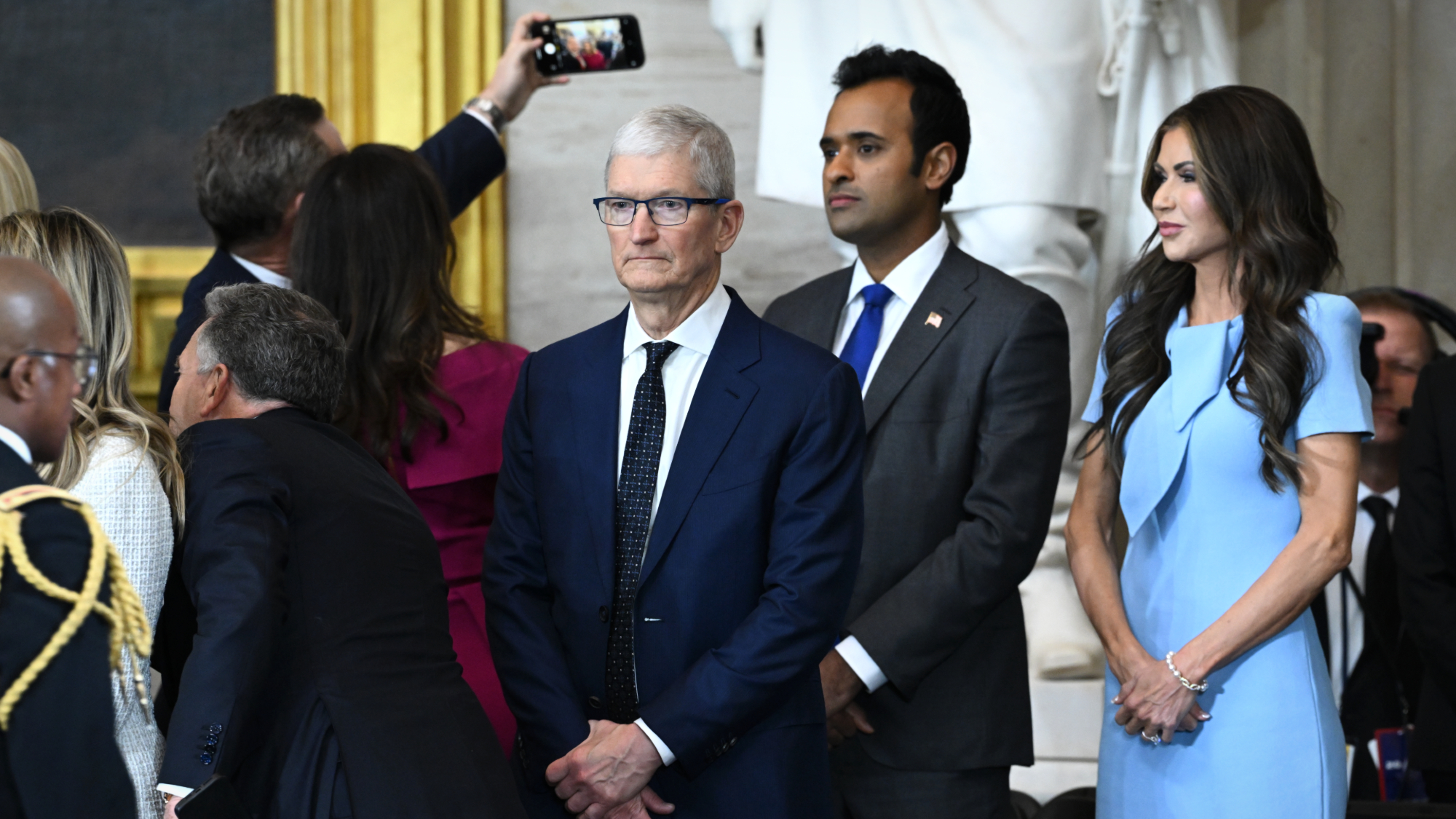 Apple pledges $500B in US spending over 4 years
Apple pledges $500B in US spending over 4 yearsSpeed Read This is a win for Trump, who has pushed to move manufacturing back to the US